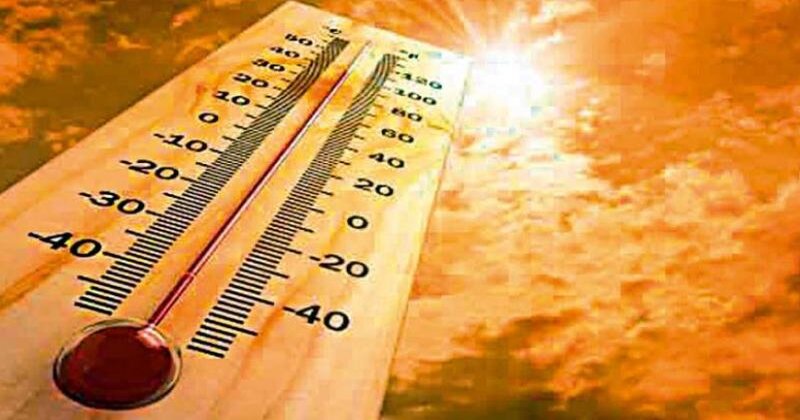
The UNEP’s Emissions Gap Report 2024 has issued a stark alert: without urgent action, the Paris Agreement goal of limiting global warming to 1.5°C could soon become unattainable. The report, titled “No More Hot Air … Please!” urges G20 nations to spearhead efforts in reducing greenhouse gas emissions to mitigate the worsening climate crisis. The report highlights the need for countries to revise their Nationally Determined Contributions (NDCs) by early 2025 to prevent a catastrophic rise in temperatures, especially with the COP29 summit in Baku approaching.
Current climate pledges fall short, setting the world on a path toward a 2.6-2.8°C rise by the century’s end, while policies already in place could lead to an even steeper 3.1°C increase if unchanged. Emissions reached an all-time high of 57.1 gigatons of CO2 in 2023, primarily driven by the power, transport, agriculture, and industry sectors, with the G20 accounting for 77% of this total. China, the U.S., and India remain the highest contributors, although India’s per capita emissions are relatively low. The UNEP report underscores that global emissions must be cut by 42% by 2030 and 57% by 2035 to meet climate goals.
Despite dire warnings, the report points to a substantial technical capacity for emission cuts through existing technologies. By 2030, up to 31 gigatons of CO2 could be reduced, with solar, wind, and forest conservation playing key roles in these reductions. Forestry, renewable energy, and efficiency improvements in various sectors could account for nearly 72% of necessary reductions by 2035, giving a glimmer of hope if governments act decisively. UNEP Executive Director Inger Andersen emphasized that each fraction of a degree matters, stressing the life-saving and economic benefits of reducing emissions.

Post Your Comments